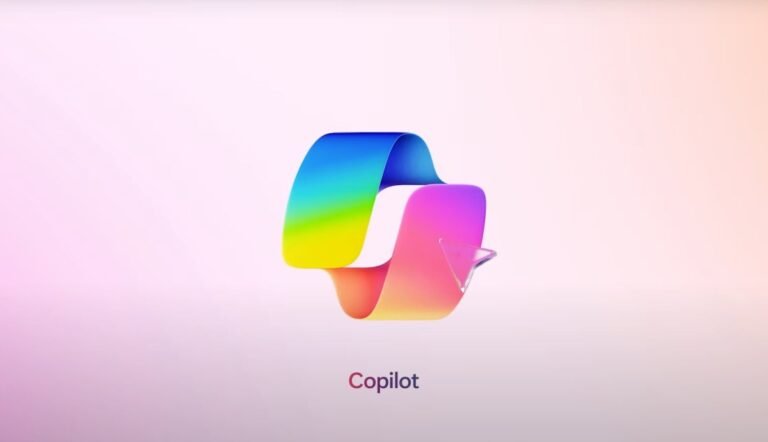
Veho, a package delivery company, confirmed that it laid off 19% of its employee headcount, or about 65 jobs.
As first reported by The Information, these layoffs came after Veho grew revenue nearly 90% in 2023.
That was after announcing $125 million in Series A funding two months prior, the round that pushed Veho into unicorn territory.
At that time, Veho said it had 910 employees across corporate and warehouse teams and was looking to fill additional positions.
Veho remains optimistic, telling TechCrunch that its capital position “is very strong and we are building on our strong momentum and record peak season in 2023.”

Twitch is introducing a new tier to its premium revenue share program — currently known as the “Partner Plus Program” — that would grant a 60/40 revenue split and has lower qualification requirements than the existing tier, expanding access to smaller creators.
Under the existing program, Partner Plus streamers receive 70% of the first $100,000 of net subscription revenue, and then 50% of any revenue after that.
The update also lowers the requirement to qualify for the 70/30 split from 350 Plus Points to 300 Plus Points.
Many streamers argued that the Partner Plus Program excluded the majority of creators because the qualification criteria was so high.
One is informed by the other, he said, but changes to Prime subscription payouts and the Plus Program have been in the works for months.

When Anomalo’s co-founders left Instacart in 2018, they thought they could put machine learning to work to solve data quality problems inherent in large data sets.
Five years later, the company’s idea is even more relevant as data quality takes center stage with large language models.
Today, the startup announced a $33 million Series B, equaling their 2021 Series A and bringing the total raised to $72 million, according to the company.
As companies store increasingly large amounts of data in cloud storage and data warehouses like Databricks and Snowflake, this need has only become more pronounced, he says.
SignalFire led the $33 million Series B investment with participation from strategic investor Databricks Ventures.

The expectation that modern AI tech will find a home in every part of our lives is pandemic.
Fittingly, startups and investors are working overtime to build and fund new technology companies to either create or implement new AI tech.
But despite all the enthusiasm, there’s a niggling detail that deserves our attention: AI startups often have worse economics than most software startups.
The conversation around AI gross margins is not new.
Back in 2020, venture firm a16z argued that AI startups would have lower gross margins due to “heavy cloud infrastructure usage and ongoing human support.”

MY FIRST X VIDEO MADE OVER $250,000!
Luckily for Musk, MrBeast is a fan of his — but, business comes first.
Throughout MrBeast’s test, though, some users raised concern that the video was being treated by X as though it were an advertisement, which could possibly juice engagement.
Ryan Broderick hypothesized that videos might be wrongly labeled as ads if a pre-roll ad plays before the video, but this still causes a lot of confusion on the user end.
A representative from X did not respond for comment.

Much of the intriguing climate tech that crosses our desks is theoretical or only just coming to market — think: tech that sucks carbon out of the sky, emerging lithium-ion battery alternatives and bio-plastics that’ve yet to seriously scale.
The Toronto-based venture firm just announced the close of a $335 million fund (USD) — its third and largest to date.
“If you’re not making money, you’re not having impact,” McCaig told TechCrunch.
“Climate tech tends to be fairly distributed around the globe, more so than AI and software, which tends to concentrate in California,” added McCaig.
The venture firm’s second fund clocked in at $150 million (USD), while its first — a seed fund — totaled $30 million.

With a staggering 17% of the $13 trillion B2B (business-to-business) spending dedicated to it, “co-sell” dominated cloud marketplaces in 2023.
Before going into the details of the “Better Together” GTM co-sell strategy, I want to lay the groundwork for what “co-selling” means.
Since July 2023, co-selling with cloud marketplaces has become the new gold standard, as they are intricately intertwined and essential for forging prosperous partnerships with cloud services that ultimately enrich your business, your buyers, and your partners.
The growth on the first level is product-led, which means the product is built on a hyperscaler’s cloud infrastructure.
When crafting your co-sell GTM strategy, adhere to these five guiding principles:Alignment is key: Successful partnerships require alignment not just in goals, but also in mindset and philosophies.

Just a few weeks after its most recent round of layoffs, Unity is once again reducing its workforce.
Unity is the maker of a video game engine that is widely used in the video game industry.
Under the old pricing scheme, indie developers who earn less than $100,000 per year would be able to use Unity for free.
Bigger video game studios would have to pay $1,900 per user per year.
And yet, that controversy had some wide-ranging consequences as many developers lost faith in the game engine company.

Twilio’s CEO and co-founder, Jeff Lawson, is stepping down from his role and his seat on the company’s board, following months of pressure from activist investors and several quarters of slowing revenue growth.
Khozema Shipchandler, Twilio’s president and a former GE denizen, is taking over as CEO.
While the timing of the move was a surprise, it’s not a massive shock to see Lawson heading for the exits.
Investors have long made clear their discontent with Twilio’s recent performance, and at some point, either the results improve or something changes at the top.
First, activist pressure on companies is not something that can always be ameliorated by a board shakeup or smaller changes to operations.

Given it’s a free alternative, it’s somewhat surprising that Copilot’s launch hasn’t seemingly impacted ChatGPT’s installs or revenue as of yet — but that could be explained by the lack of promotion.
Unlike some apps, Copilot’s installs are also somewhat evenly split across iOS and Android, with 59% on Google Play vs. 41% on the App Store.
According to Appfigures, ChatGPT’s downloads have also been slowing in December — but this started before Copilot’s release.
During the time that Copilot was amassing its 2.1 million installs, ChatGPT gained another 4.2 million downloads.
The firm told TechCrunch there’s nothing to indicate that Copilot itself is having any impact on ChatGPT’s installs or its revenue, the latter of which continues to rise, in fact.













